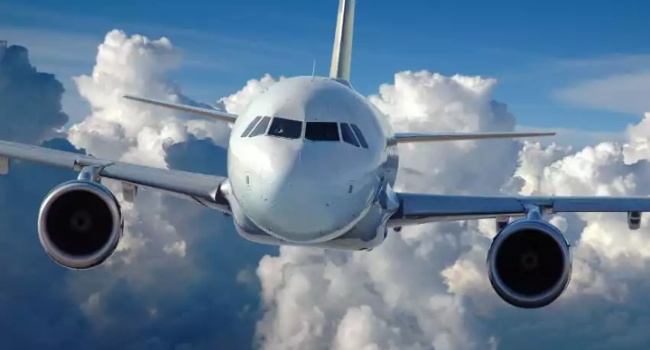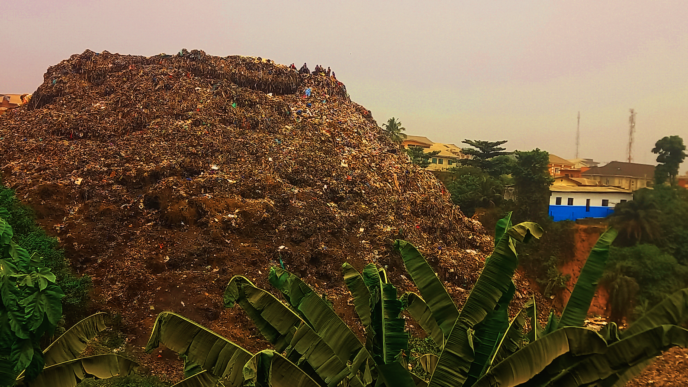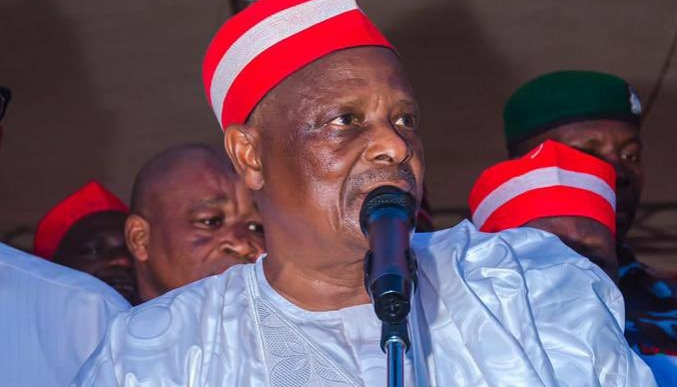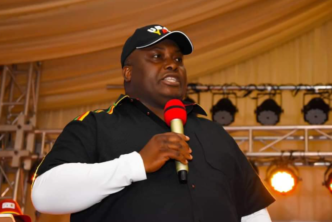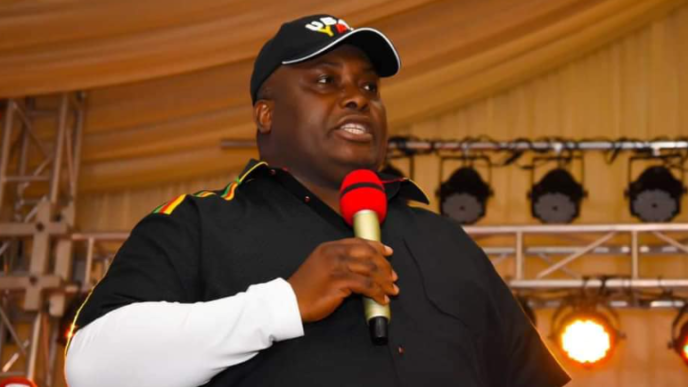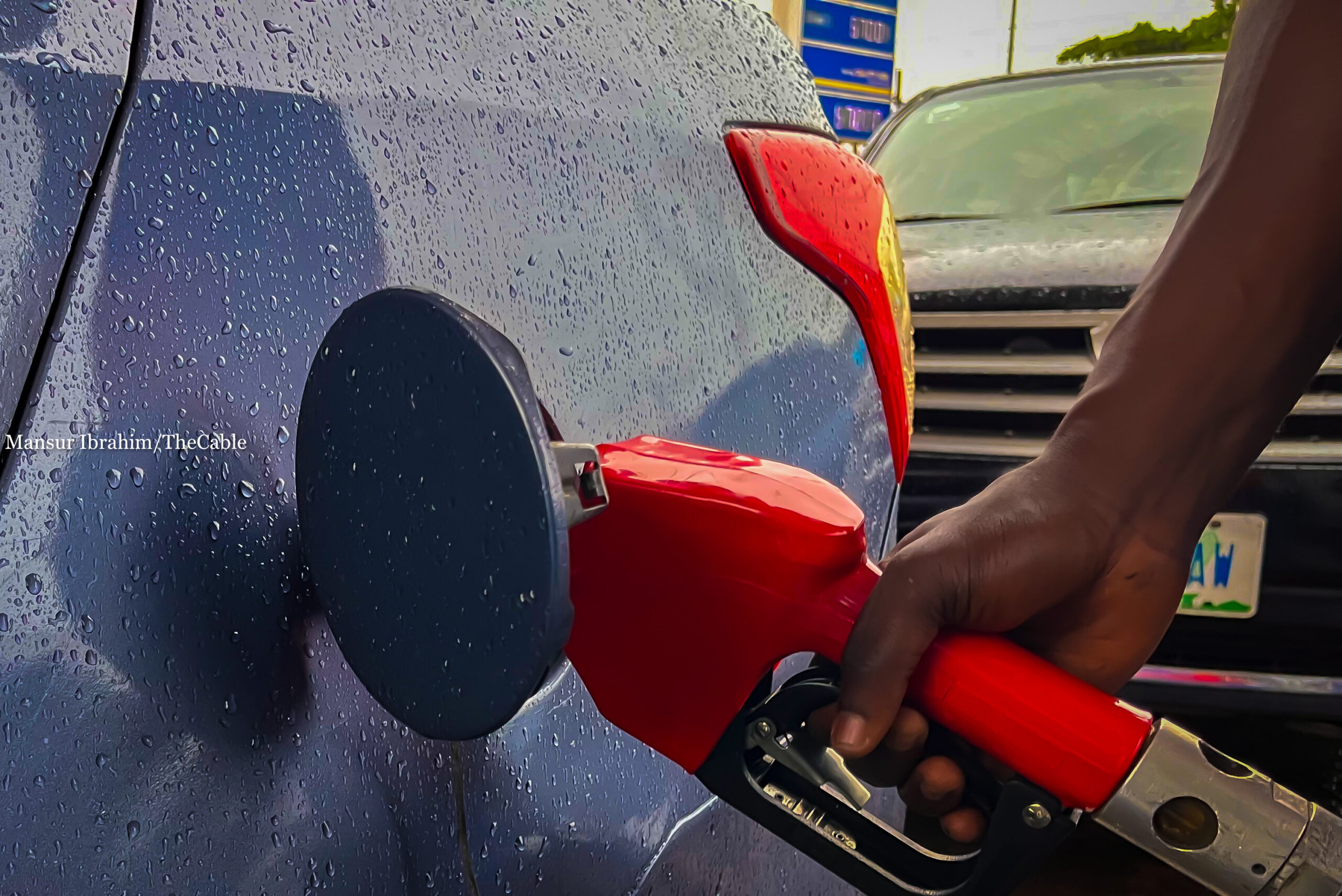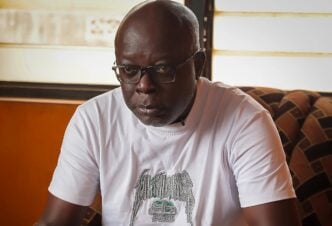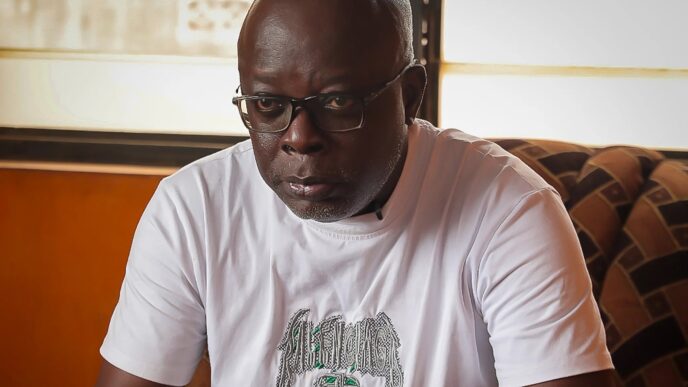He fought in Nigeria’s three-year civil war and was instrumental in the artillery might of the now-defunct Biafra state. He aided reconciliatory efforts in post-war Nigeria in the 1970s, served in government, and represented the political interests of the Igbo. He ran multiple businesses, working in engineering for corporate establishments both locally and internationally. Emmanuel Iwuanyanwu is a spot-on demonstration of how so much can be lived in such a short time.
The spectre of mortality, however, cast its irrevocable shadow on the Ohanaeze Ndigbo president-general. He died of illness on July 25 at the age of 81.
Iwuanyanwu was born on September 4, 1942, to the war commander, Bernard Iwuanyanwu and his wife Hulder Iwuanyanwu of Umuohii Atta in Ikeduru LGA of Imo state.
He attended St. Patrick’s School, Rukpokwu, in Port Harcourt for his standard one to four from 1948 to 1952.
Advertisement
For his standards five and six, he was transferred to Holy Trinity Primary School in Rumuapara, now in Obiakpo LGA of Rivers state. This was from 1953 to 1954.
From 1955 to 1959, he attended New Bethel College, Onitsha, in Anambra.
In 1960, Iwuanyanwu was among a select few who were offered admission into the Federal School of Science in Lagos, where he studied pure and applied mathematics, physics, and chemistry.
Advertisement
In 1963, he gained admission into the University of Nigeria (UNN), Nsukka, where he studied civil engineering and was later awarded the German Academic Exchange Scholarship.
Iwuanyanwu utilised his well-roundedness in politics and business, becoming an authority of reckoning in Nigeria.
INNOVATOR AND BUSINESSMAN
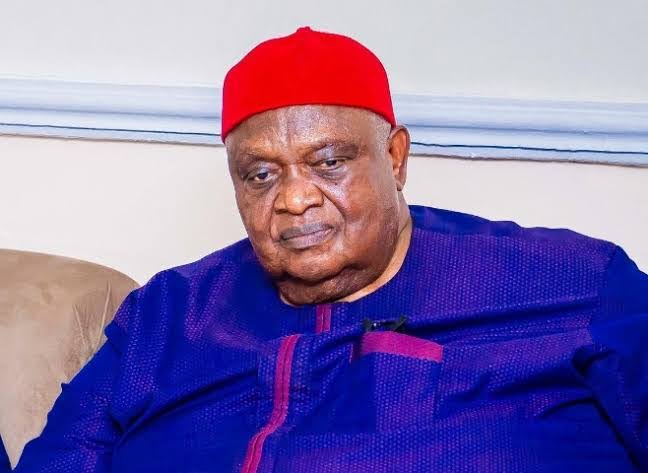
In both success and failure, he never stopped building. Iwuanyanwu’s lived experiences in the south-east, south-south, and south-west had imbued him with strong business acumen and a high-risk appetite that left him iteratively pursuing new ventures.
Advertisement
Following his graduation from the university in 1971, Iwuanyanwu worked as a pupil engineer at the Nigerian Construction and Furniture Company, rising to become a site agent after he created a novel design for producing a barge with a composite section of empty engine oil drums.
He experimented with flexible pavement and parameters for concrete, producing a mixed design of asphaltic concrete that was approved by Nigeria’s federal government for use in the construction of airport runways and highways.
In 1976, Iwuanyanwu began to work with two Americans, Harper and Delano.
The trio started a construction company whose name, Hardel, was coined from the names of the two foreigners. Iwuanyanwu later acquired the company from them and renamed it Hardel and Enic Construction Company.
Advertisement
Iwuanyanwu’s business grew into a conglomerate of over 20 companies, including Enic Advertising Ltd, Magil Industries Limited, National Post Newspapers, Sunrise Insurance Brokers, Oriental Shipping Lines Limited, Paradise City Hotel, and Oriental Airlines.
He founded several other companies, including Sunrise Breweries Limited, the Heartland Football Club in Owerri, and Magil Agricultural & Animal Health Products Limited.
Advertisement
Iwuanyanwu was the publisher of Champion Newspapers.
IWUANYANWU’S ROLE IN THE NIGERIAN CIVIL WAR
Advertisement
Iwuanyanwu’s studies at the UNN in Enugu state were disrupted during the Nigeria-Biafra war fought from 1967 to 1970.
In Nsukka, he was drafted into the Biafra Research and Production (RaP) directorate, headed by Benjamin Chukwuka Nwosu, a nuclear physicist.
Advertisement
Iwuanyanwu served in the rocket unit of RaP headed by another Gordian Ezekwe, a professor.
As the secessionist region was cut off from the outside world, Iwuanyanwu joined the group of researchers, which included the nuclear physicist Felix Oragwu, to produce critical amenities and armaments like bombs, rockets, and the dreaded Ogbunigwe.
During the war, Iwuanyanwu studied advanced military intelligence at the Biafran School of Military Intelligence.
Thereafter, he was transferred to the Biafran combat engineering unit and appointed the head of the Biafran combat engineering military intelligence.
In this capacity, he worked directly under Alexander Madiebo, a general officer commanding the Biafran army.
Iwuanyanwu later served as a soldier, rising to the role of captain of a unit of the secessionist forces.
He led some strategic battles, including the defence of Biafra’s Uli Airport.
In January 1970, Odumegwu Ojukwu, the old eastern region’s secessionist leader, handed over power to Philip Effiong, his second in command, and left for Ivory Coast where he was granted political asylum.
Iwuanyanwu, by his own account, mounted an opposition against federal forces that made it possible for Ojukwu to escape capture.
HIS PRESIDENTIAL ELECTION BIDS
Iwuanyanwu first opted to contest the presidency under the National Republican Convention in 1992 after then-military president Ibrahim Babangida lifted a ban on political activities and politicians of both the first and second republics in 1990.
Iwuanyanwu was named the national chairman of the unregistered Nigeria National Congress (NNC), which later merged to become the National Republican Convention (NRC). Adamu Ciroma won the primary and the party chose Iwuanyanwu as his running mate.
The NRC’s rival was the Social Democratic Party (SDP) and Shehu Musa, its candidate.
On October 16, 1992, the Armed Forces Ruling Council (AFRC) nullified the suspended results of the party primaries and dissolved both the NRC and SDP party executives over alleged electoral malpractice, throwing Iwuanyanwu out of his first presidential bid.
Moshood Abiola of the SDP was presumed to have won the election on June 12, 1993. It was this election that Babangida would infamously annul.
Iwuanyanwu contested again in 1995 under the United Nigeria Congress Party (UNCP), which had the wartime leader Odumegwu Ojukwu and former UN general assembly president, Joseph Garba, as some of its prominent members.
During his presidential campaign in 1997, Iwuanyanwu flew to Chad to visit his political ally, Koibla Djimastas, who was then the African country’s prime minister.
Upon his return, the Sani Abacha-led military government was said to have considered arresting Iwuanyanwu on unproven allegations of coup plotting.
Nigeria’s coercive politics at around that time under Abacha, the arrest of up to 11 top officials of the army on claims of coup plotting, and Iwuanyanwu’s feud with Abacha forced him to step down as a presidential candidate on January 19, 1998, and later planned an exile.
Abacha died in June 1998.
In what was Iwuanyanwu’s third attempt, the All People’s Party (APP) adopted him as the south-east’s consensus presidential candidate. The APP primaries were held on February 14, 1999, with nine candidates seeking nominations.
Ogbonnaya Onu, ex-governor of old Abia, also vied for the presidential ticket, against the consensus of south-east politicians.
Onu emerged as the presidential flagbearer for the APP, but there were indications that the Peoples Democratic Party (PDP) was dominant.
APP allied with the Alliance for Democracy (AD), and Onu was sidelined by his party due to powerful interests in west-north presidential and vice-presidential tickets for both the PDP and the APP-AD.
Olusegun Obasanjo emerged as the presidential flagbearer of the PDP, which Iwuanyanwu joined in 1999.
Iwuanyanwu supported Obasanjo with his political structure, contributing to Obasanjo’s emergence as president of Nigeria in 1999 with Atiku Abubakar as his vice.
HIS CONTRIBUTION TO THE CARGO AIRPORT IN IMO
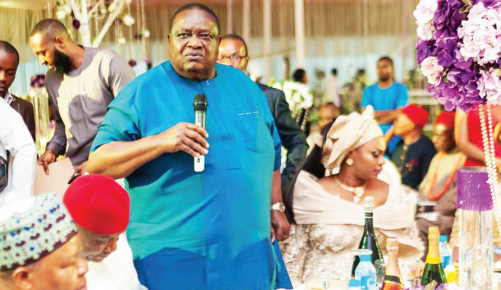
Beyond his exploits in politics and the corporate world, Iwuanyanwu was famed for his philanthropy in the education and health sectors.
The activities of his signature philanthropic act birthed the non-profits — Iwuanyanwu National Ambulance and Iwuanyanwu Foundation.
In 1985, Iwuanyanwu donated an eponymous blood transfusion centre to the Federal Medical Centre in Owerri, Imo state.
He is reputed to have offered scholarships to over 10,000 indigent students across Nigeria.
Sam Mbakwe, Imo’s first democratic governor (1979–1983), conceived of building an international cargo airport in the state. It was reported that Alex Ogbonnia, Ohanaeze Ndigbo’s national publicity secretary, said Iwuanyanwu donated up to $2 million to execute the project.
POLITICAL MOUTHPIECE OF THE IGBO
In 1988, Iwuanyanwu joined the Ohanaeze Ndigbo, the apex socio-cultural organisation representing the political interests of the Igbo in Nigeria.
He had served as chairman of its planning/strategy committee, political committee, state creation committee, and council of elders.
Iwuanyanwu was named president-general of Ohanaeze Ndigbo in 2023 after the demise of his predecessor, George Obiozor, in 2022.
He established a better working partnership with south-east governors, coordinated the affairs of Igbo business tycoons, and ended the crisis of leadership in the Ohaneze Ndigbo.
He also oversaw admission into the Igbo fold of some African Americans who had provided evidence of authentic Igbo ancestry.
In October, Lagos ordered the demolition of illegal buildings erected on water canals and drainages. Iwuanyanwu spoke up on concerns that Igbos in Lagos were being targeted with hate speech, hostility, and property demolition.
Emmanuel Iwuanyanwu is survived by his wife of 40 years, Nnenna Ozinyereaku, with whom he had three sons and five daughters.
Two volumes of the Biography of Chief Iwuanyanwu were authored by Jeff Unaegbu, Sam Chukwu, and Chinedu Nsofor in 2022.

